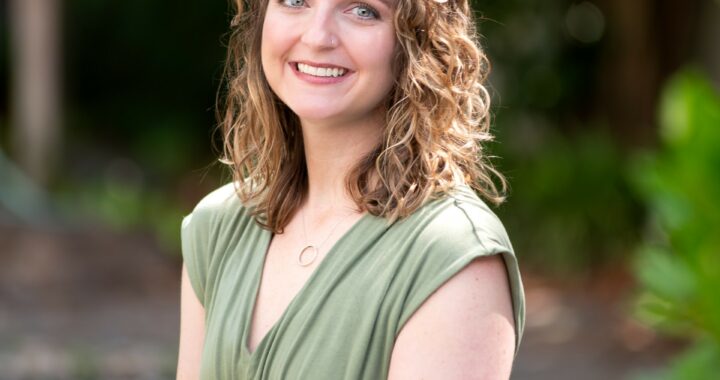Living on the Cheap
3 min readBy KJ ADLER
After a successful first try last spring semester, students are once again rallying for the upcoming $2 a Day Challenge which will take place from April 11-18. This year, those running the Challenge hope to do so with more organization in order to meet higher expectations.
Last year, students participated with a goal of reaching $1,000 to donate to the microfinance institution known as KIVA.
Participants raised $1,600, allowing them to provide small business loans to entrepreneurs in the developing world, which are being reinvested into fledgling businesses today.
Current goals for the challenge have changed. With the Economic Development Club acting as organizers of the event, they hope to raise at least $5,000 dollars for the financial institution of Students Helping Honduras (SHH) known as Le Cieba.
Organizers chose to switch from KIVA to Le Cieba because KIVA does not include one of the target towns of SHH, Siete de Abril.
The decision for change came about after Asst. Professor Shawn Humphrey and a number of students volunteered in Honduras.
After learning about how large organizations can help the needs of people within less prominent cities, Humphrey and his students decided it was their job to further help those who could not be heard.
“What I have come to realize is that you have to take root in a community and those roots must run deep,” said Humphrey. “In order for us to make a difference in the lives of the people of Siete we have to be in it for the long-run.”
Humphrey and President of the Economic Development Club senior Samantha Oliver, are in charge of the $2 a Day Challenge.
“I think the project has a lot of potential to raise awareness of global poverty,” Oliver said. “It’s growing and the UMW community seems to be responding. I’ve had a lot of random people just come up to me in class or on campus and ask what they can do to help.”
The $2 a Day Challenge requires participating students to live for a week within the same standards of living as over half of the world’s population is forced to live each day.
The participants raise money by acquiring pledges for each day they live in poverty.
Junior Katherine Mauro, treasurer of the Economic Development Club, will be in charge of the participants living on the paltry sum.
Mauro, who was involved in the challenge last year as a participant, found the experience worthwhile and eye-opening.
“Most of us are very comfortable in the little bubble we live in during school, but there is a need for college students to broaden their recognition of how other people in the world live,” Mauro said. “Most individuals are not privileged enough to live like most college students do and many college students forget this.”
Along with having only two dollars to spend each day for a week, students will also be denied private bathing facilities, frequent use of electricity, and, should they choose to do so, a roof over their head senior Leslie Ogburn plans to be one of those participants.
“I will be sleeping and living outside in Ball Circle for the week,” Ogburn said. “I didn’t originally intend to involve myself that deeply but I think it will be easier to continuously be around people who going through the same ordeal. Going home to my apartment seems like it escapes the experience we are trying to create for ourselves.”
Ogburn, like many other participants, chose to be involved in order to raise not only money but also poverty awareness.
The $2 a Day project has also expanded to include a lecture series with leaders of local poverty-reduction organizations, including the Global Playground, Empowering the Poor, and First People’s Worldwide.
The lecture series hopes to address poverty from three angles: education, disease and culture, with the underlying goal of motivating students to get involved.


